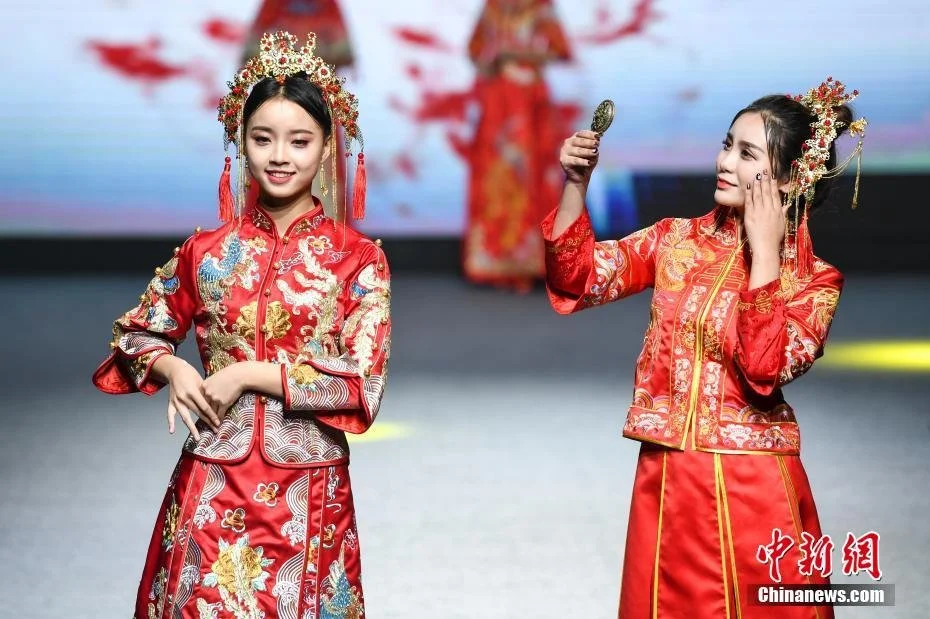The Script that Brought Together China’s Women
Written By: Ling Zhong
image from ThoughtCo
From secret alphabets shared between friends to ciphers, humanity has long been enthralled by the idea of a secret script, a code only known to a chosen few. In the rural Jiangyong County of China’s Hunan Province, a secret language was created by women, for women.
Nüshu (女书), or quite literally “women’s script” in Chinese, was a unique writing system employed by women in China. The exact origin of this script is still unknown, with some experts claiming it was invented 1000 years ago during the Song Dynasty, while others speculate that its birth can be traced back to BCE. What we do know, however, is that Nüshu rose in prominence in Jiangyong County in the 19th century. Back then, women were denied educational opportunities and had severely limited rights, as represented by the infamous foot-binding tradition. For them, Nüshu was the only way for them to express their thoughts and explore creativity without breaking the social taboo.
This script was passed down from mothers to daughters, and shared between friends and sisters. By writing each other letters and poems, the girls pledged friendship as “sworn sisters.” At social gatherings, women exchanged songs and poems, either translated from traditional Chinese or created by themselves. Gossip, news, and letters were also passed around with Nüshu to exchange information secretly, while the language was also used to celebrate birthdays and promote Confucian morality. Nüshu was a way for women to cope with hardships and maintain bonds with friends who are often separated through marriage and whose expression of freedom was severely limited.
Despite its prominence in local villages, Nüshu began to trace a history of decline in the 20th century. The script itself became more obsolete when more women started to gain access to education in the mid-1900s. However, soon after this advancement, the Cultural Revolution took place, a sociopolitical movement aimed at eradicating traces of capitalist and traditional Chinese elements. Nüshu wasn’t an exception – Its books, works, and study records compiled by researchers were burnt to ashes. In fact, Zhou Shouyi, a leading researcher of Nüshu who worked to preserve the language, was confined in a labor camp for over 20 years for his work and determination to protect this traditional script.
Despite many obstacles and challenges, Nüshu gained more attention from the outside world around the same time. With its new center located in the neighboring Puwei village, many enthusiasts are working to revive and protect the only women’s writing system in the world. Puwei’s Nüshu Museum opens a display of Nüshu scripts and artworks to visitors and even holds classes teaching Nüshu to keep spreading it outside the region.
Hunan women preforming a traditional cultural showcase
Today, Nüshu is recognized as the legacy of courageous women in Hunan province, a defiance against patriarchal society, and a beautiful script that accompanied women through their personal joys and sorrows. Its history is a crucial story that must continue to be told.

